At the end of the day, it’s all about leadership.
Now that the legislative session is over, we can celebrate what passed, lament what didn’t pass, and plan ahead for what we need to get done next year. Conservation Colorado lauds a few of the stand-out lawmakers who advocated for our state’s communities, public lands, water, and air this session. This year at our annual Rebel with a Cause gala we are excited to celebrate House Majority Leader KC Becker as our 2018 Legislator of the Year for her leadership addressing climate change head-on and for her advocacy in support of measures that protect our communities from the impacts of oil and gas development.
Here are five other exceptional lawmakers whose partnership makes our work possible.
Representative Faith Winter
It’s easy for conservationists to keep their faith in Representative Winter as an environmental champion. At the Capitol, she is an outspoken advocate for equity in transportation. Rep. Winter was one of the main engineers behind the revised Senate Bill 1 transportation funding measure and helped fight for dedicated funding for options that include more buses, more bike lanes, and more sidewalks. As the Chair of the Transportation and Energy committee, she sponsored legislation like the RTD Regional Transportation District Low-income Fare Program, which aimed to create a program to offer reduced fares to low-income RTD riders. This session, Rep. Winter demonstrated her ability to reach compromise on critical legislation and proved her willingness to take on the culture of sexual harassment at the Capitol, one of the toughest fights we’ve ever seen under the Golden Dome.
Representative Dylan Roberts
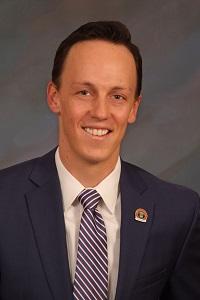 A mid-term appointment, Representative Dylan Roberts filled the seat of conservation champion Representative Diane Mitsch Bush when she decided to run for Congress. He got off to a great start with a focus on protecting our water, advancing rural economic development, and preserving our unique landscapes.
A mid-term appointment, Representative Dylan Roberts filled the seat of conservation champion Representative Diane Mitsch Bush when she decided to run for Congress. He got off to a great start with a focus on protecting our water, advancing rural economic development, and preserving our unique landscapes.
Rep. Roberts was a primary sponsor of one of our priority bills, aimed to hold mining companies accountable if their future operations have any negative impacts on Colorado’s water. Despite broad support from local communities, the measure ultimately died in a Senate committee.
Senator Leroy Garcia
Senate Minority Leader Leroy Garcia has emerged as a passionate public lands advocate. He was the prime sponsor on the reauthorization of the Colorado Lottery division, which provides vital funding for Great Outdoors Colorado, a program that supports outdoor recreation and land conservation in all 64 counties in the state. Additionally, in response to the Trump administration’s attempt to lease lands near the Great Sand Dunes National Park for oil and gas drilling, Sen. Garcia penned a passionate op-ed in the Pueblo Chieftain, condemning the federal push to auction off our public lands as “a direct threat to our communities, our economy, and our way of life.”
As the new Senate Minority Leader, Sen. Garcia has stepped up to the plate and batted on behalf of public lands protections.
Representative Dominique Jackson
Representative Dominique Jackson ardently fights for the safety of her constituents and Coloradans across the state. Rep. Jackson sponsored multiple bills that focused on protecting the constitutional rights of state citizens, establishing a program to offer reduced fares to low-income RTD riders, and adding more safety requirements for oil and gas wells and pipelines. As a member on three important committees in the House, Rep. Jackson seizes on her opportunities to vote on numerous bills that could impact Coloradans’ public safety, environmental health, and human rights.
Senator Kerry Donovan
 There doesn’t seem to be a pressing West Slope issue that Senator Kerry Donovan won’t take on. From rural broadband deployment to gathering climate change data, Sen. Donovan advances legislation that addresses the intersections between dynamic policies, resource accessibility, and geographical challenges.
There doesn’t seem to be a pressing West Slope issue that Senator Kerry Donovan won’t take on. From rural broadband deployment to gathering climate change data, Sen. Donovan advances legislation that addresses the intersections between dynamic policies, resource accessibility, and geographical challenges.
Sen. Donovan also sponsored a water conservation bill, the Reclaimed Water Use On Industrial Hemp bill, that alleviates some of the demand on our overstretched rivers by expanding the opportunities to use recycled water. Together, these pieces of legislation convey Sen. Donovan’s drive to fight for our communities and urban water conservation to reduce the pressure on the water supplies of Colorado’s agricultural industry on the West Slope.
Departing Champions
Speaker Crisanta Duran and Senator Lucía Guzmán
As Speaker of the House and Senate Minority Leader, Representative Crisanta Duran and Senator Lucia Guzman have fought for all Coloradans. They have advocated for urgent action to fight climate change, negotiated bipartisan compromises to ensure transportation options that make sense for all of us, and spoken up for those whose voices have been marginalized for far too long. This session, their leadership in standing by sexual harassment survivors was an exceptional example that such behavior will not and cannot be tolerated.
Senator Matt Jones and Representative Mike Foote
Throughout their tenures in the state legislature, Representative Mike Foote and Senator Matt Jones have partnered as stalwart champions for protecting Colorado communities from the harmful impacts of industrial oil and gas development. This session they worked together on three commonsense oil and gas bills, including the Protect Act, which would have enhanced the ability of local government to regulate oil and gas activities and hold operators accountable.
We’re proud to work with these lawmakers and so many other passionate legislators at the Capitol to fight for the protection of Colorado’s lands, air, and water. But too many good policies were blocked this year by anti-conservation legislators. That’s why we need everyone to join us in the fight for the future and help us elect pro-conservation leaders in the legislature.


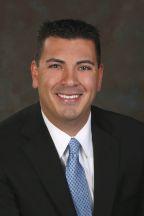
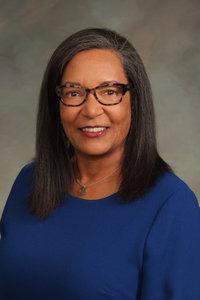
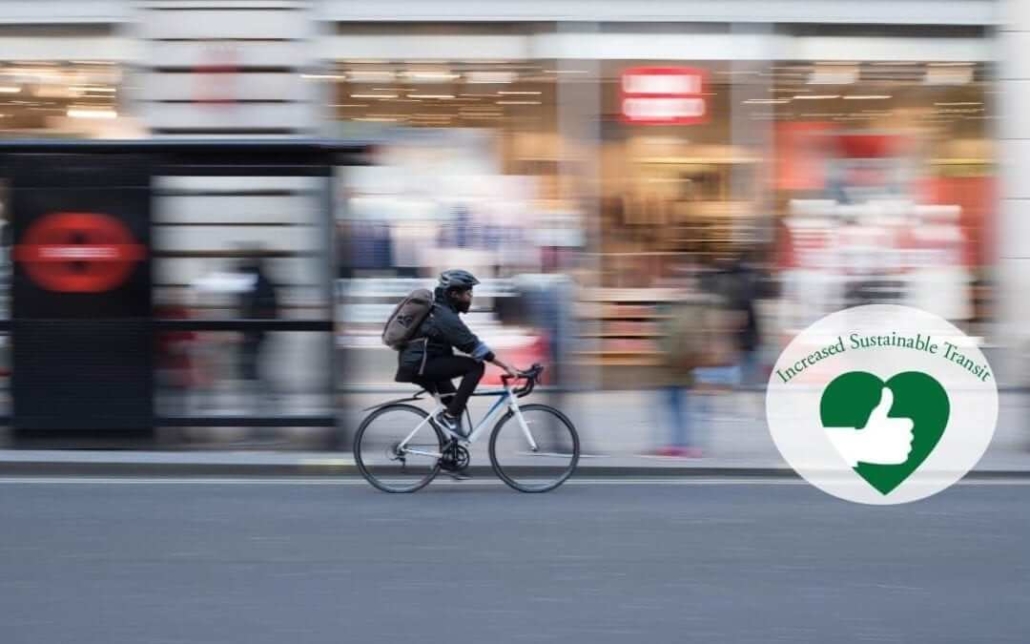 Investing in transportation for all Coloradans. After two years of fighting, we notched a huge victory in passing SB 001, a bipartisan bill that includes major investments in transportation options like senior and disability buses, sidewalks for pedestrians, highway shoulders for tractors, and resources to keep everyone safe. It is a step towards funding our state’s massive transportation needs in a fiscally responsible manner, and it supports a system that will benefit all Coloradans. With 2.5 million more people expected to live in Colorado in the next 25 years, these options are more important than ever to combat congestion and improve air quality. While we believe additional revenues are needed to address all our transportation needs, this bill provides critical initial investments to move us forward.
Investing in transportation for all Coloradans. After two years of fighting, we notched a huge victory in passing SB 001, a bipartisan bill that includes major investments in transportation options like senior and disability buses, sidewalks for pedestrians, highway shoulders for tractors, and resources to keep everyone safe. It is a step towards funding our state’s massive transportation needs in a fiscally responsible manner, and it supports a system that will benefit all Coloradans. With 2.5 million more people expected to live in Colorado in the next 25 years, these options are more important than ever to combat congestion and improve air quality. While we believe additional revenues are needed to address all our transportation needs, this bill provides critical initial investments to move us forward. Renewing funding to protect our public lands. A massive funding stream for Colorado’s outdoors was reauthorized through Colorado’s lottery! This dedicates funding for parks, open spaces, and outdoor recreation in all 64 counties of Colorado. This bill (SB 066) will help boost local projects to protect our outdoors.
Renewing funding to protect our public lands. A massive funding stream for Colorado’s outdoors was reauthorized through Colorado’s lottery! This dedicates funding for parks, open spaces, and outdoor recreation in all 64 counties of Colorado. This bill (SB 066) will help boost local projects to protect our outdoors.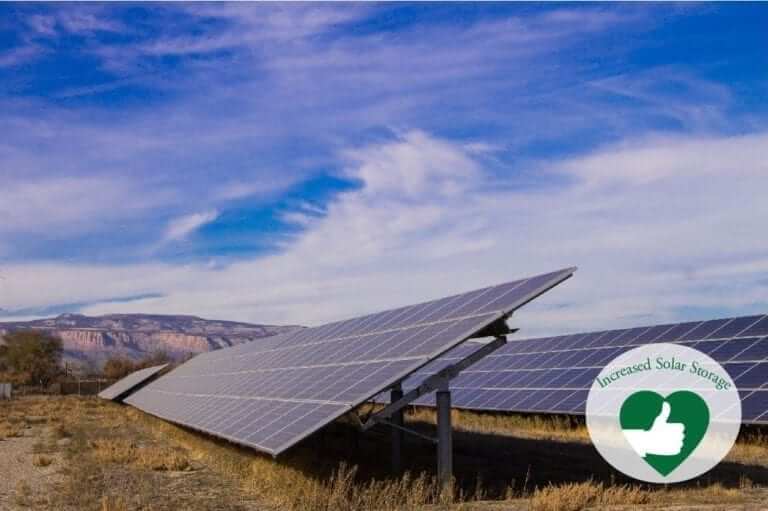 Advancing renewable energy through storage. Energy storage is an essential companion to renewables that will enable a clean energy future. Two bills tackled this need (SB 009 and HB 1270). SB 009 declares that power customers have a right to install, interconnect, and use energy storage systems, making sure that homeowners can store their renewable energy, while HB 1270 directed the Public Utilities Commission to consider storage in as utilities make plans for future energy sources.
Advancing renewable energy through storage. Energy storage is an essential companion to renewables that will enable a clean energy future. Two bills tackled this need (SB 009 and HB 1270). SB 009 declares that power customers have a right to install, interconnect, and use energy storage systems, making sure that homeowners can store their renewable energy, while HB 1270 directed the Public Utilities Commission to consider storage in as utilities make plans for future energy sources.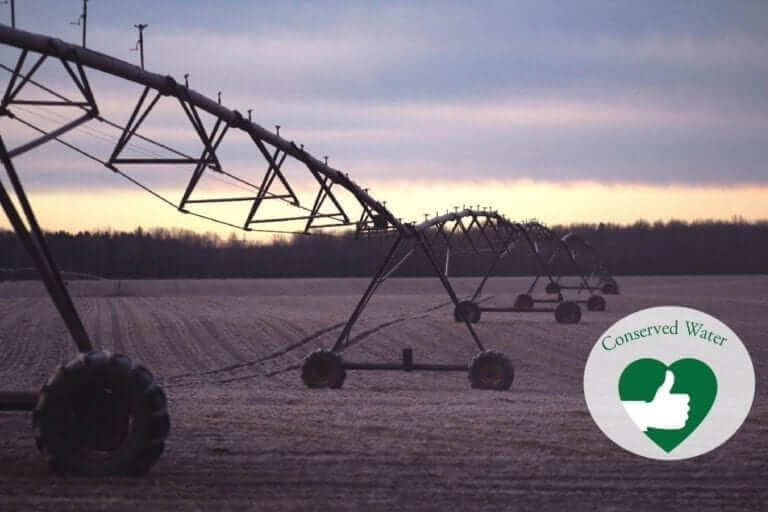 Conserving Colorado’s water. We helped pass three bills to allow reused water for flushing toilets (HB 1069), growing hemp (SB 038), and farming edible crops (HB 1093)! “Reuse” water is when water is used for one purpose, say to wash dishes, and then treated to a safe standard to be used again, like to water a garden. When a water provider is able to use the same water multiple times, it means more demands can be met without increasing their overall water consumption. Reusing water helps conserve our limited water resources, and these bills will save thousands of gallons a year.
Conserving Colorado’s water. We helped pass three bills to allow reused water for flushing toilets (HB 1069), growing hemp (SB 038), and farming edible crops (HB 1093)! “Reuse” water is when water is used for one purpose, say to wash dishes, and then treated to a safe standard to be used again, like to water a garden. When a water provider is able to use the same water multiple times, it means more demands can be met without increasing their overall water consumption. Reusing water helps conserve our limited water resources, and these bills will save thousands of gallons a year.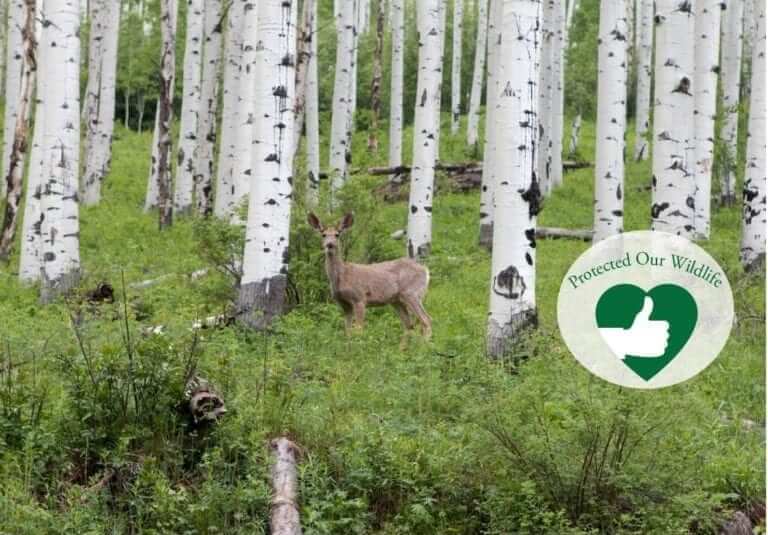 Protecting state parks and wildlife. Coloradans depend on Colorado Parks and Wildlife to deliver on its mission and ensure future generations have access to the recreational opportunities available today. SB 143 allows CPW to prevent budget shortfalls and meet its goals by increasing user fees and adjusting them to keep pace with inflation.
Protecting state parks and wildlife. Coloradans depend on Colorado Parks and Wildlife to deliver on its mission and ensure future generations have access to the recreational opportunities available today. SB 143 allows CPW to prevent budget shortfalls and meet its goals by increasing user fees and adjusting them to keep pace with inflation.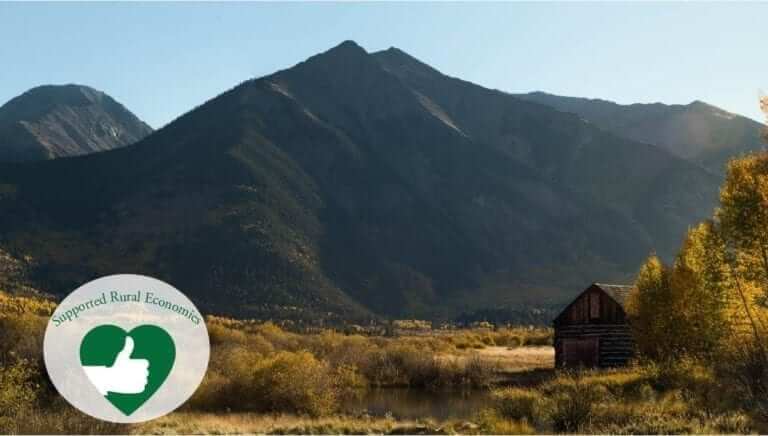 Supporting rural communities. Two bills were passed this year: first, the Rural Economic Advancement of Colorado Towns (REACT) Act aims to provide assistance to rural towns that have experienced significant economic shifts such as industry closure. This bill (SB 005) will help make sure our rural communities have support from the state of Colorado as they face transitions, often related to the shift to clean energy. Second, SB 002 adds funding for increasing broadband to rural areas across Colorado. Currently, many rural communities do not have access to broadband internet, or if they do, its poor and unreliable quality. Rural communities deserve high-speed, functional infrastructure so their opportunities to earn a good life are not limited.
Supporting rural communities. Two bills were passed this year: first, the Rural Economic Advancement of Colorado Towns (REACT) Act aims to provide assistance to rural towns that have experienced significant economic shifts such as industry closure. This bill (SB 005) will help make sure our rural communities have support from the state of Colorado as they face transitions, often related to the shift to clean energy. Second, SB 002 adds funding for increasing broadband to rural areas across Colorado. Currently, many rural communities do not have access to broadband internet, or if they do, its poor and unreliable quality. Rural communities deserve high-speed, functional infrastructure so their opportunities to earn a good life are not limited.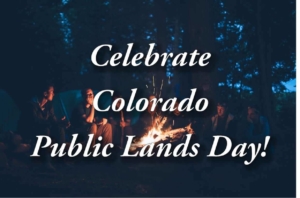
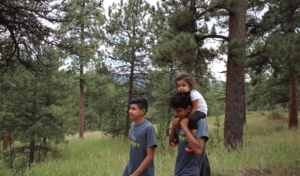
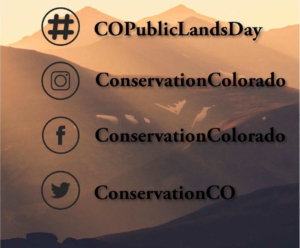
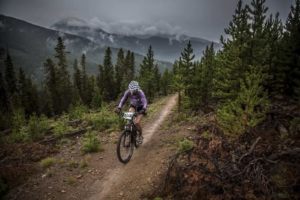
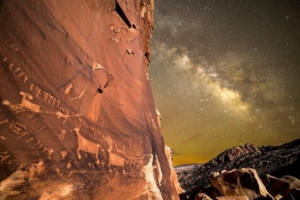
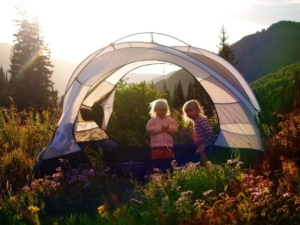
 Through experiences ranging from a Peace Corps volunteer in West Africa to an educator to a practicing attorney to an ultra-distance runner to a marketing professional to an entrepreneur, Peter has forged a unique perspective and a quiver of potent tools to advance his clients’ business, reputation, image, and profitability.
Through experiences ranging from a Peace Corps volunteer in West Africa to an educator to a practicing attorney to an ultra-distance runner to a marketing professional to an entrepreneur, Peter has forged a unique perspective and a quiver of potent tools to advance his clients’ business, reputation, image, and profitability.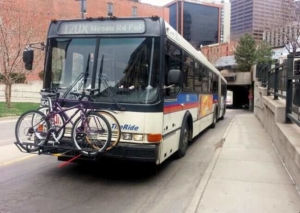
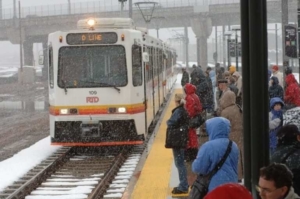 Some people seem to think the funding solution is easy and straightforward, that using existing resources to bond for transportation. But taking a bond (or loan) against our already narrow budget is not free money. Locking hundreds of millions of dollars into bonding without creating a new revenue source merely shifts the problem down the road to future generations. If Colorado is stuck making bond payments during another recession, we would need to cut other critical areas from the budget, which could mean less money for things like schools or health care. The general fund cannot be the only source of funding. Solutions for transportation can include bonding, but it should be done responsibly, with a new source of revenue to pay for it and in a way that does not mortgage our future.
Some people seem to think the funding solution is easy and straightforward, that using existing resources to bond for transportation. But taking a bond (or loan) against our already narrow budget is not free money. Locking hundreds of millions of dollars into bonding without creating a new revenue source merely shifts the problem down the road to future generations. If Colorado is stuck making bond payments during another recession, we would need to cut other critical areas from the budget, which could mean less money for things like schools or health care. The general fund cannot be the only source of funding. Solutions for transportation can include bonding, but it should be done responsibly, with a new source of revenue to pay for it and in a way that does not mortgage our future. Third, we need transportation options because they are good for our economy, public health, and safety. Increasing walkability and bike-ability of neighborhoods boosts
Third, we need transportation options because they are good for our economy, public health, and safety. Increasing walkability and bike-ability of neighborhoods boosts 

